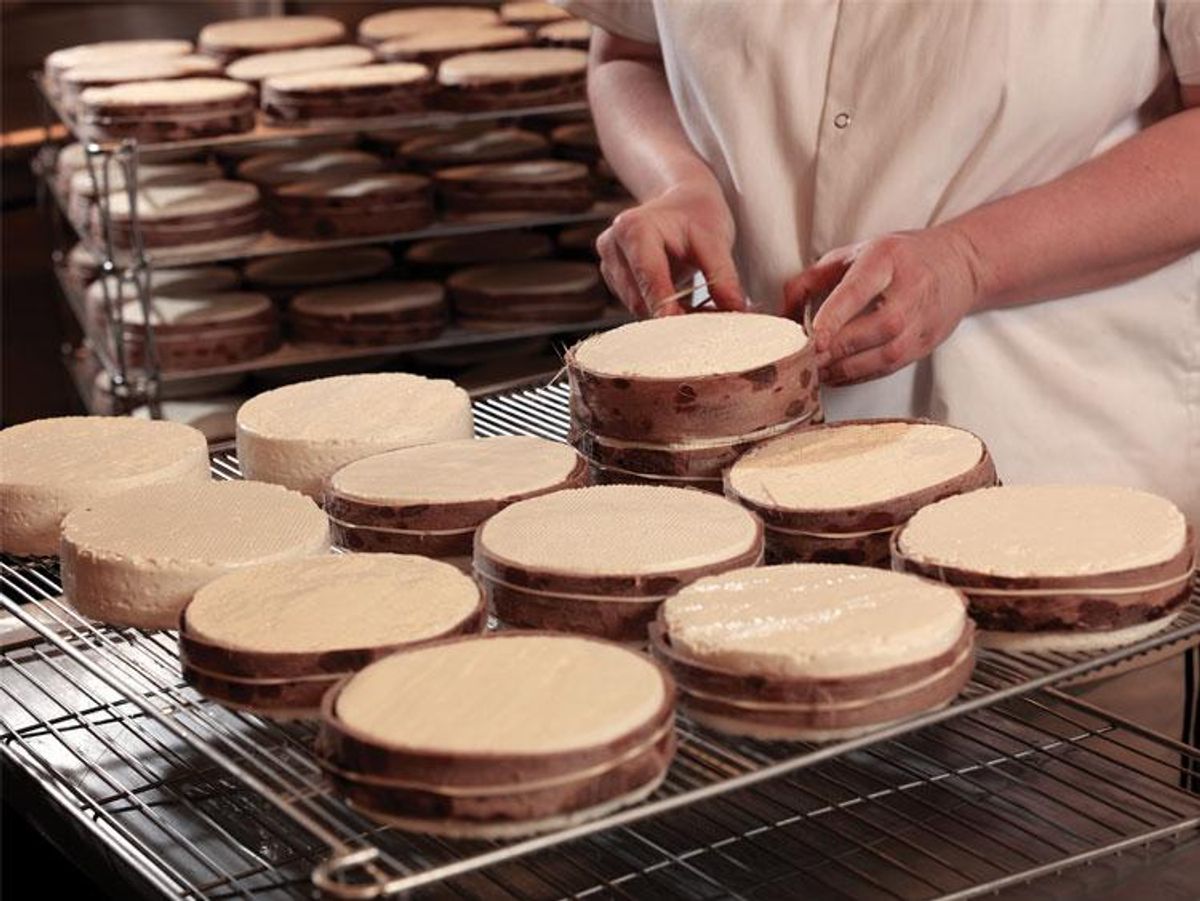Entertainment
To Pasteurize or Not to Pasteurize

Is the decision as simple as taste vs. safety?
March 17 2015 3:02 PM EST
March 18 2015 1:18 AM EST
By continuing to use our site, you agree to our Private Policy and Terms of Use.

Is the decision as simple as taste vs. safety?
Photo courtesy of Jasper Hill Farm.
In France, many of the hundreds of cheese varieties are made with raw milk, and the prevailing notion there is that the bacteria found in unpasteurized cheese, much like a wine's terroir, are critical to their flavor -- be it the pungent tanginess of a raw blue or the grassy taste of a raw sheep's milk cheese.
But stateside, the general idea is to kill all the potentially harmful bacteria, rather than allowing a carefully balanced recipe of microbes to do the work, engaging the good ones to kill off the bad ones, French-style.
Proponents of raw cheese will tell you that the pasteurization process, which can kill pathogens including E. coli and salmonella, changes the milk's composition, and can quash a cheese's essence.
It's possible to get good raw-milk cheeses in the U.S., but by law they must be aged 60 days, regardless of whether they're domestic or imported.
Consequently, Camembert, which is traditionally a raw cheese and eaten young (after just two weeks of aging), must be pasteurized if sold here. The 60-day rule is old and arbitrary, not founded in recent scientific study, but that's how the Parmesan crumbles.
But there are excellent raw-cheese makers and importers in the United States. They use milk from a single source, and their cows are well cared for, which is crucial to reducing contamination. Look for the words "artisanal" and "farmhouse style," which will tip you off to raw cheeses that are carefully prepared.
Want more breaking equality news & trending entertainment stories?
Check out our NEW 24/7 streaming service: the Advocate Channel!
Download the Advocate Channel App for your mobile phone and your favorite streaming device!